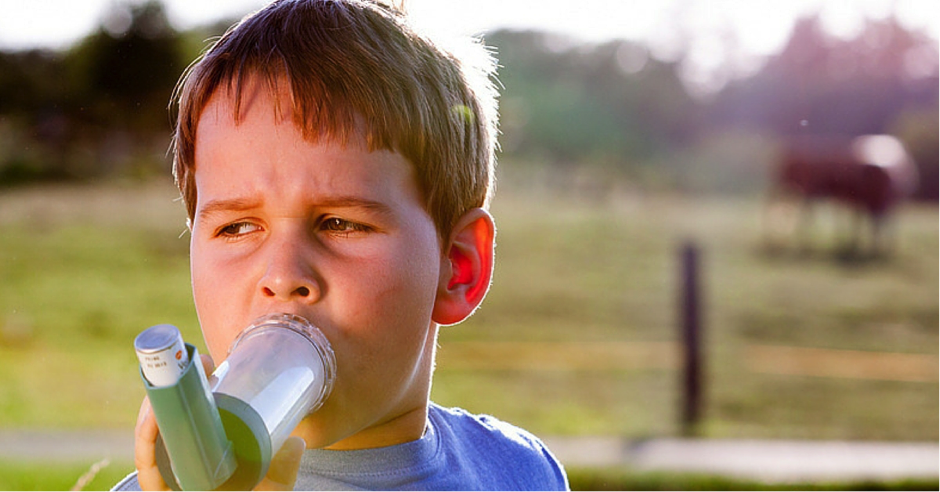We are a few months into the flu season, with another to go. Authorities have reported a peak in mid-August, but even as the weather gets warmer, we need to stay alert and continue with preventative measures.
It has been a worse than usual flu season this year, which typically runs from April to October in the cooler weather. And while flu-linked illnesses remained within an expected range from April to June, there was a sudden spike in cases in August according to government source, Healthdirect, Australia.
So why did we have higher incidence rates of flu, despite greater awareness of the free flu vaccination programmes for vulnerable groups like senior citizens and children?
The Australian government’s Influenza Surveillance Report for the second half of August says that while two and half times the usual number of cases were reported, some of this can be attributed to faster, more accurate detection and better reporting than in previous years.
Was the flu vaccine effective? And given that we have another month of the flu season to go, how can we stay safe?
There are several influenza virus strains, but the highly contagious ones are the Influenza A and B. And that is what the flu virus is designed to prevent. In most cases, if a healthy adult gets the flu, they will be able to recover in four weeks. However, for some individuals, the flu symptoms could aggravate pre-existing medical conditions and this constitutes a very serious risk. It is, therefore, recommended that the following vulnerable groups take advantage of the National Immunisation Programme:
- All senior citizens over the age of 65
- Aboriginal and Torres Strait Islander children aged 6 months to 5 years
- All Aboriginal and Torres Strait Islanders aged 15+
- Everyone over the age of 6 months who suffers from severe asthma, heart or lung diseases, low immunity or diabetes – this is the cohort that runs a high risk of complications from the flu virus.
This question is frequently asked – Is it too late to take the flu vaccine? Speak to your GP. Everyone’s health and environment poses a different level of risk and only your GP is qualified to make the decision.
Regardless of whether the GP recommends the flu vaccine for you, it is very important to take the following steps to keep yourself safe (getting vaccinated protects but is not a guarantee against infection):
- Be very particular about frequently washing hands, especially after you may have touched surfaces also touched by others. Such as tables at cafes, on park benches, door handles, etc.
- Instruct children to wash their hands frequently – at school and at home. They are in constant contact with highly contaminated surfaces. Particularly at schools, childcare centres, public parks, play centres etc.
- Keep sharing to a minimum – particularly with school supplies and sporting equipment.
- At work, employers can ensure that working surfaces such as tables, door handles, keyboards, etc., are regularly cleaned with disinfectants.
- If you have a cold, cough or sneeze into a tissue, discard tissues after use and wash your hands.
The common symptoms you can expect if you have the flu are:
- Sudden high fever – over 38 degrees centigrade or over
- Dry cough
- Body ache
- Extreme exhaustion and difficulty moving
If you are concerned that you are already showing some symptoms of the flu, speak to your GP immediately. You could also use an online symptom checker, such as the one on the HealthDirect website. If you have any combination of these, see your GP who will need to send a nose or throat swab for testing before confirming a flu diagnosis.
If you’ve noticed a lot of flu cases in your neighbourhood, school or at work, you could refer to the flu tracker. https://www.healthdirect.gov.au/flu-trends
Keeping a flu epidemic at bay is all about prevention. Some degree of contact is unavoidable, but taking a few steps to prevent contamination is not hard. So, stay alert and you should be able to get through the flu season fine.




